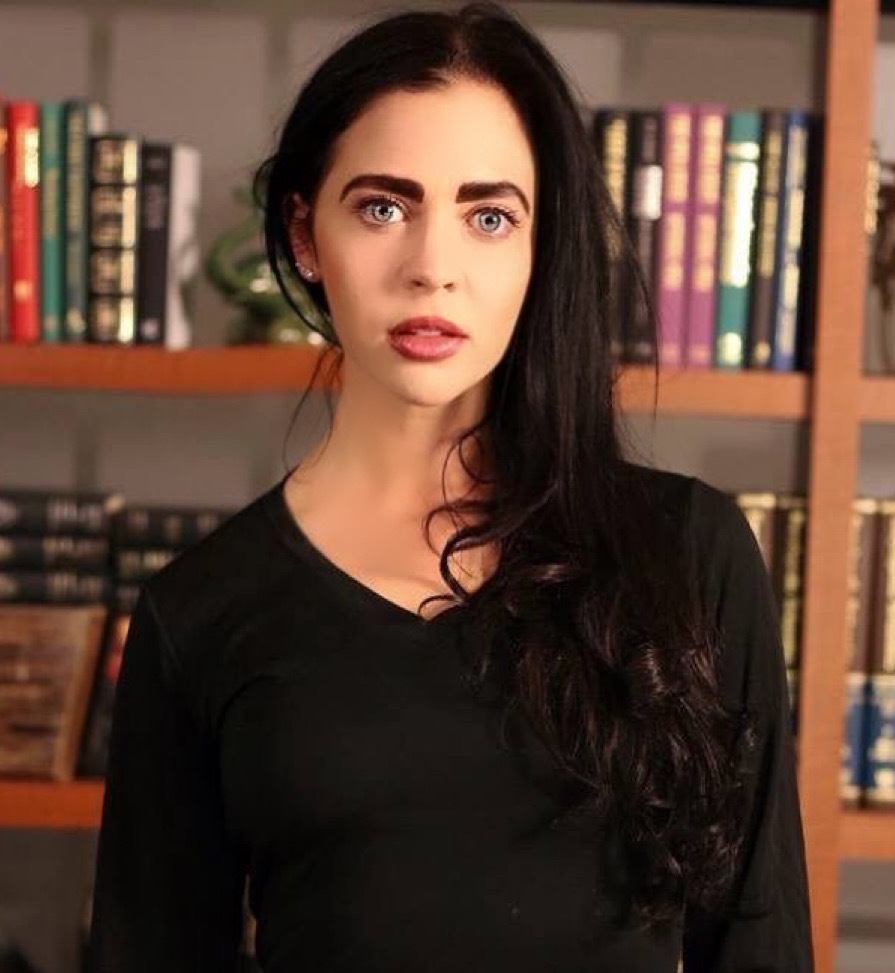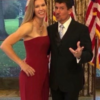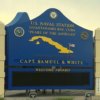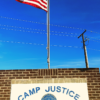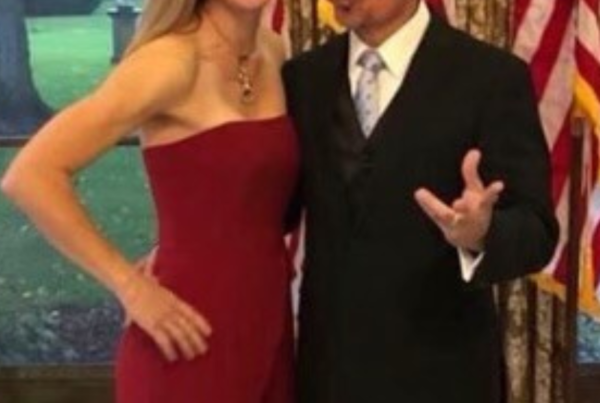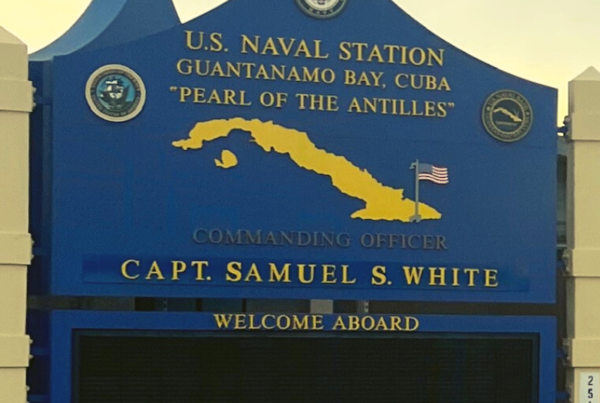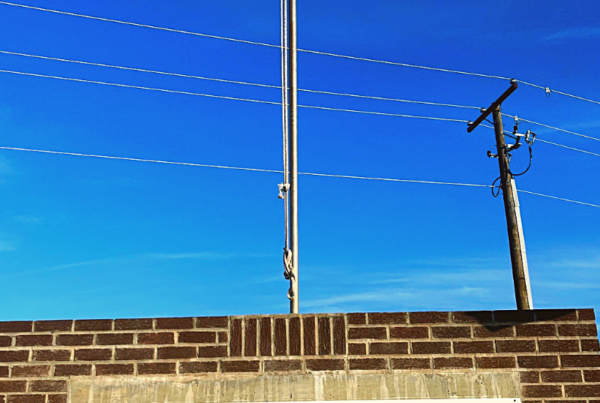Their bonds were forged on battlefields over 7,000 miles away. Now, they converge once a year in the lush recesses of upstate New York, caked in mud with pigskin-like oval balls and beers passed around like an offertory collection cast against eyes rimmed with excited exhaustion.
“Every year, players come here from all over the world to the Can-Am tournament,” one Veteran tells me in earnest. “This is like our church.”
It is the pious annual summer gathering of the roughly 1000-member Old Breed Rugby Club, a family of Marines that honor the legacy of Marine rugby players who gave their lives in the grim aftermath operations of September 11, 2001.
“We played with them,” Jeff Nagel, a former Marine termed “The Godfather” of the Old Breed, asserts. “Now we play for them. And every time we take the pitch, we play for them.”
The Old Breed was brought to life by Jeff and a handful of other Marines in the dark winter in early 2005. It was amid the painful beginnings of the wars in Iraq and Afghanistan, just after months after Lt. Col Kevin M. Shea was killed in action by an RPG while fighting in the dusty plains of Iraq on his 38th birthday, September 14, 2004 – less than two weeks before he was due to return home.
The men had all been searching for ways to make sense of the loss and commemorate their fallen Marine rugby brethren in what was then four years of intense warfighting. The formation of a rugby club seemed the most fitting tribute. (Yet, as Marines, they consider the club’s actual birthday to be November 10, 1775.)
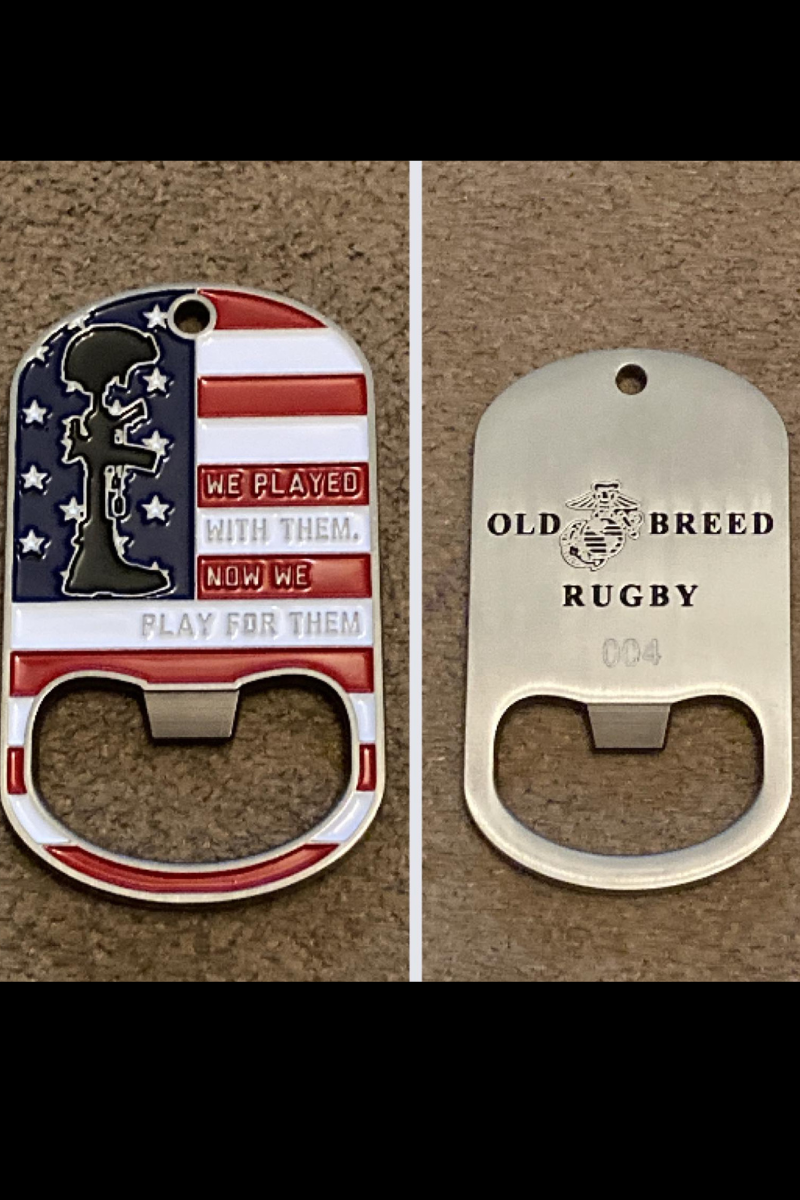
Nonetheless, those who knew Kevin reminisce fondly over the Marine’s fun ferociousness on the field, his love of country, and his absolute commitment to fatherhood and family – survived by his wife Ami and a then-very young son and daughter. Before his deployment in 2004, Kevin spent his final months in his homeland as an assistant coach to the U.S. Naval Academy rugby team.
“I was very, very close with Kevin. We played (rugby) together in the 90s at Camp Pendleton, and he was the very best of the best,” recalls Jeff, who refers to founding the Old Breed as the “highlight of his life.” “We wanted to do something to keep his memory alive, and now we honor every Marine who played with us and gave their life.”
Ami Shea, Kevin’s widow, recounts meeting the young officer at a bar in San Diego when he was stationed at Pendleton. It was a whirlwind of wild love whereby he asked her to marry him just seven weeks after they met. Her affection for him was cemented when she watched him play.
“He loved rugby and was a stud on the field. I loved watching him, he was so good at it, and I have so many great memories,” Ami reminiscences from her home in Southern California. “He loved the guys he coached and the guys he played with, it was just this big camaraderie of down-to-earth men, out there in shorts and t-shirts, with a love of their families and I love for this country.”
Nowadays, the Old Breed’s ranks are lined with Marines from every status stripe – active, reserve, retired, and veterans – all bound together by the common denominator of having at some point in time played the rough-and-tough sport.
“We always say our average age is somewhere in the mid-40s,” Jeff says jovially. “The exact age being classified…”
In many ways, Old Breed is much more than a rugby club. Its website underscores that, “in addition to honoring the memories of our Fallen Marines, we provide a brotherhood for Marines and others affected by a generation of warfighting. We lend an ear to listen, a shoulder to cry on, a purpose for serving.”
In the 17 years since its inception, the club has swelled to include members of other U.S. armed service branches, international military members, and even impassioned civilian supporters. All share a connection of service, sacrifice, tenacity, and esprit de Corps.
“You don’t need to be a Marine to join our ranks, but you must uphold the values, standards and reputation for which the Marine Corps is known and contribute to the accomplishment of our mission,” the Old Breed mission reads. “We are known not for our skill, but our fierce competitiveness, hard-hitting and gentlemanly sportsmanship.”
Beyond that, the club has also become known in rugby and military circles for donning jerseys decked with the searing Black Mourning Band: a symbol not only of lives lost but the Marine kin no longer able to play as a result of cataclysmic injuries endured downrange. Jeff tells me he wants to make Old Breed caps, each uniquely designed with the name of a KIA or MIA Marine player listed on their Board of Honor, to help keep every story alive.
Memories might fade, but legacies never die. For the Old Breed, if the story behind the game can reach someone somewhere, they have achieved the expansion of their mission. But they do so with a special type of fire.
During last weekend’s event and before the tournament kicks off, every attendee stands for a moment of silence. This is followed by a rousing rendition of the Marine Corps Hymn, the storied, sacred equivalence to “The Star-Spangled Banner” believed to have been lyricized by an unknown U.S. Marine more than 150 years ago.
“From the Halls of Montezuma
To the shores of Tripoli;
We fight our country’s battles
On the land as on the sea;
First to fight for right and freedom…”
The ensuing three days bring a barrage of tackling and twisting, scrumming, and sweating by all-men and all-women teams of varying athletic prowess. Deemed one of the largest rugby events on the planet, the Can-Am Tournament of which the Old Breed converges was formed in 1973 by the Mountaineers Rugby Club. In those formative years, it was just an eight-team affair. It now boasts more than 100 teams clustering on the Adirondacks.
According to Mike Flanagan, the legendary former Navy coach who has been playing the sport worldwide for almost five decades, the Old Breed represents all the things that inspired him as a kid to play the game at the Naval Academy: beer, boldness, tribulations, and tributes.
“We want their memories to stay alive. No matter whether you’re an officer Academy guy or not, you played rugby, and you’re going to be kept in somebody’s heart and that’s important. That’s the mission,” Mike, who got involved with the Old Breed shortly after his 2017 Navy retirement, tells me matter-of-factly. “In the beginning, I was very non-committal. I wasn’t ready to jump all in. Then I was at one of the ceremonies, and I realized this was pretty special and something I should be involved in and do more.”
Despite some of the Old Breed players’ insistence that their heyday is over, and it is all just in the name of honor and leisure for their creaking, battle-broken bodies, the club this year managed to come in an impressive 3rd place in their division.
As an Australian, I can attest that rugby is a sport imprinted into your DNA. As a small child in the outback, you are raised to spend Saturday afternoons in cold cement stadiums serving beer (“tinnies”) and meat pies as burly boys bust their way through the open green fields before you. So yes, you learn booze, barbarism, and rugby are more or less interchangeable. However, you also realize that those playing – and those watching with every ounce of muster and potty-mouthed enthusiasm – are more alive than too many of us will ever be.
It is the sort of electric energy that is hard to translate and chronicle. Yet in listening to the way the Old Breed players talk who always smile grit shining in every photograph, that Aussie nostalgia comes flooding back.
“I’ve been playing since 1985, since college. First, I was a fullback in football, and then I found rugby and just got addicted,” Jeff, who joined the Marine Corps in 1990, enthuses with an edge of seriousness. “We all got beat up so much but still wanted to play. I heard about the crazy parties, the fun times, and the real male bond, and I wanted to be part of that.”
Still relatively new to the United States’ sporting environment, rugby has some similarities to American football (gridiron), but players tough it out sans the pads and helmets. The objective is to score a “try” –analogous to a touchdown – which earns the team five points. The next goal is a secure a two-point “conversion” after a try, whereby the team’s chosen “kicker” must kick the ball through the two towering goal posts. Contrary to traditional American football, there are no downs. A team – each with 15 players on the field – remains on the offensive until it loses possession of the ball which generally happens because of a tackle, interception or a “knock-on,” which is like a fumble in that your teammate pitches you the ball while running and you drop it, instantly rendering a penalty and the ball is turned over to the opposing side.
Moreover, there is no blocking to assist your runner, and the ball must always be passed backward, never forwards. A team can fling the ball laterally as often as they need or desire. Unlike the steeped traditions of American football whereby just a handful of players reap all the opportunities and triumphs, every rugby field participant is given a prime chance to run, score and tackle. Everybody is a running back, linebacker and quarterback rolled into one.
Indeed, the Can-Am gathering is more than just an affectionately rowdy reunion of rumbles and remembering. All year round, the Old Breed – an established 501 (c)(3) organization, raises funds for the permanent endowment of the Lt. Col. Kevin Shea Memorial Fund, administered by the Marine Corps Scholarship Foundation, with recipients awarded at the American Legion during the inaugural Friday night ceremony.
“We add more people to the board as we go on,” Jeff notes carefully. “And while the mission is not about raising money, if we can enrich their children’s lives, we will do that. We will do whatever we can to support.”
Notably, the Old Breed has become extended family to Ami, and she and Kevin’s now grown children, with their daughter now a Marine herself.
“I think of him every day. I never remarried. But (the rugby) keeps him alive, and I am honored that they remember Kevin,” Ami surmises. “These guys watch over me. It is like having thirty-plus brothers. I love these guys. I love their families. It isn’t just the men; their spouses are also very supportive in this huge, loving community.”
The fundraising and awareness efforts not only seek to extol Kevin’s impact on the sport and its brotherhood, cementing his honor in our collective consciousness, but serve as a metaphor for all sacrifices made by the fallen and those who loved them most in the world. This includes children who have had to grow in the world without their father. Thus, the life-changing college scholarships are issued to children or stepchildren of a servicemember killed in the September 11th 2001 attacks while serving a U.S. Marine Corp unit or by suicide as a consequence of post-traumatic stress and the silent weight of war upon return.
In fact, for many veterans, it is the Old Breed that provides that ultimate lifeline, a support system of members available 24 hours a day for any past or present service member who needs to talk.
“We realized we weren’t just honoring the guys we had lost but had become a big therapy for people struggling with PTSD and a sense of not belonging anymore,” Marc Okicich, an ardent Old Breeder, explains. “Now they have a big support network – we are here for you. That is my proudest moment, being part of that. It has grown beyond rugby.”
Nevertheless, Marc was introduced to rugby at Camp Pendleton in the summer of 1989. He was enchanted by its competitiveness, camaraderie, social benefits, and of course, the extra opportunity to meet girls all over the country and the world.
“So, it was a good time,” he conveys with a laugh. “Rugby brought us together and still brings us together. It goes back to being family, and that is really what we do.”
Oscar Wilde once described rugby as a “game for barbarians played by gentlemen,” compared to football as a game for gentlemen played by barbarians. With their classic military mannerisms not lost, such a sentiment perhaps rings no truer than the Old Breed. A rugby field is a tranquil place nestled inside a boisterous shell, a pivotal link to their old lives.
“This is a passion for us; it is a calling. We played with them, now we play for them and with them,” Jeff reminds me once again.
The phrase is powerful, precise, and heart-rendering. It’s evident that saying is more than a motto or message. It is a battle cry, an exemplar of not only who the Old Breed is but what it always will be.
“As long as the Old Breed exists,” Jeff adds with a heavy pause. “These men will never die.”
To learn more and make a tax-deductible donation to the Old Breed’s Lt. Col. Kevin Shea Memorial Fund, please visit www.oldbreedrugby.com
